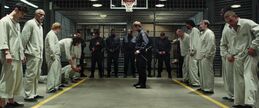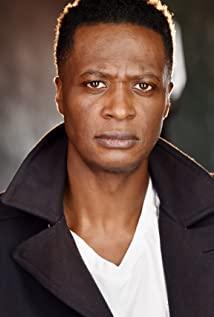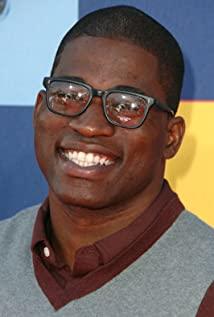"Death Experiment" shows the world people's behaviors under the distribution of power, as well as the psychological changes and even distortions of these participants that are completely different from the original personality during the experiment. Environment, personnel, power, etc., everything is It is artificially presupposed that the participants are aware of the simulation nature of the experiment. However, the simulation of the experiment is still developing on a trajectory that is almost consistent with reality, to bully the weak. The participants had a conversation with the professor who designed the experiment before the experiment. From the conversation, it can be seen that these people's minds did not have obvious extreme tendencies. While the experiment is carried out, environmental factors may come into play. For example, at the beginning, the "prisoners" did not care about the "prison guards". Due to the pressure of this group, the "prison guards" had to do something to reflect the meaning of their own identity and the difference between the two groups. Even though this "identity" and "difference" are only short-term simulations, the process of this simulation, that is, the planned 14 days of the experiment itself, is realistic and part of the participants' life course. Therefore, it cannot escape the action of the laws of reality. Perhaps, the "prisoner"'s indifferent response to the "prisoner" is based on Maslow's "respect needs". After all, the label of the "prison guards" themselves and the privileges given to them by the experiment draw a line from the "prisoners", which means the emergence of a hierarchical order. The continuation of the experiment is getting closer and closer to reality, and the contradiction between "prison guard" and "prisoner" begins to escalate. The focus is on "prisoner" Travis and "prison guard" Barris, who had a good relationship before the experiment. Insults, abuse, violence, dark and negative elements are vividly reflected here. The superiority of power and status drives "prison guards" such as Barris to continue to stir up troubles, even just to satisfy their own desires - to sexually assault "prisoners" through violence supported by power coercion. Jumping out of the experiment, they are still a normal person who is "usually reasonable". In the end of the film, everything is like a dream. In the film, I am more concerned about the black "prison guard" who later became a "prisoner". The contradiction between the two groups is undoubtedly the fuse (and nothing more), and he is the only one who shows dissatisfaction with the various abuses done by "prison guards" to "prisoners", his "dissatisfaction" and the mainstream of "prison guards" The "playing method" contradicts, and the "prison guard" group itself has undergone fission. Therefore, in order to continue this mainstream, which can make most people experience pleasure, he can only be eliminated from the original management organization. Through comparison, we can find the difference between this black "prison guard" and other "prison guards". Even if he is in a high position of power and controls privileges, he can still treat "prisoners" leniently, even at the risk of breaking the experimental rules. Ethics, perhaps they are not lacking. The key is in an environment with various conditions like an experiment, how strong their own moral standards are, and how will each person's inner integrity compete with high privileges? In other words, where is the tipping point that drives their human distortion? After watching the movie, I think that apart from the distortion of human nature under the influence of power, what we need to reflect on is worth doing, improving our own moral bottom line and strengthening our own ethical norms, and should not be ignored.
View more about The Experiment reviews











